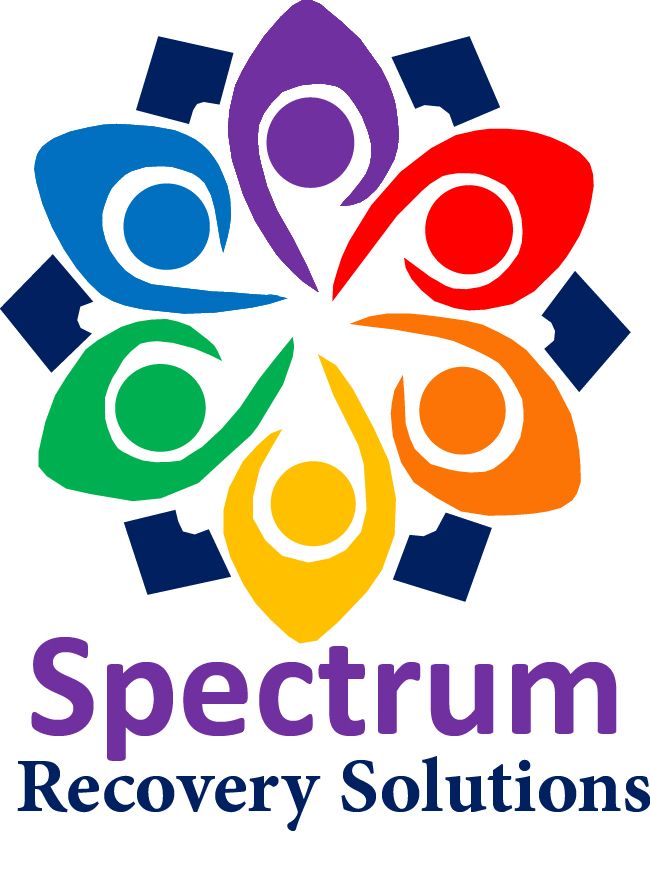Problematic sexual behavior comes in many forms. Often the use of a sexual behavior becomes compulsive after it has been used as a coping mechanism for many years. Examples of problem behavior are Asian massage parlors, escorts, voyeurism, fetishes, and compulsive connections to strangers on social media, dating sites and adult friend finders. You can use the PATHOS scale below to see if you think you might have an issue with sex addiction.
When we talk about what qualifies as an addictive behavior we look at:
- Have you tried to stop on your own but can’t?
- Despite having negative consequences related to the behavior do you continue to do it anyway?
Some sex addiction issues are rooted in trauma. This could be in childhood or in adolescence and has often become part of the arousal template. Being able to dig into what happened in the past can help you to fully understand, process and move beyond it in a healthy way. We are also seeing this issue develop with individuals who have not experienced trauma. Instead, with today’s increased ease of access to sexual material, the exposure (both early and often) has led to compulsive behavior as a result.
PATHOS stands for the six assessment questions below:
Preoccupied
Do you often find yourself preoccupied with sexual thought?
Ashamed
Do you hide some of your sexual behavior from others?
Treatment
Have you ever sought therapy for sexual behavior you did not like?
Hurt others
Has anyone been hurt emotionally because of your sexual behavior?
Out of control
Do you feel controlled by your sexual desire?
Sad
When you have sex, do you feel depressed afterwards?
A positive response to just one of the six questions would indicate a need for additional assessment with a certified sex addiction therapist. Two or more are considered to certainly need an additional assessment with a certified sex addiction therapist.
If you are ready to take charge of your life, click below and make an appointment with a CSAT today!

